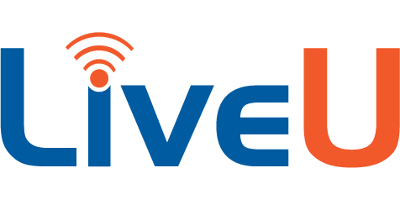The professional video industry's #1 source for news, trends and product and tech information. Sign up below.
You are now subscribed
Your newsletter sign-up was successful
PLANO, Texas—LiveU and AT&T this week announced they will conduct tests later this summer to evaluate the impact of 5G wireless on contribution of live broadcast video content using LiveU HEVC portable transmitters.

The tests, to be conducted at the AT&T Foundry in Plano, Texas, will examine speed, bandwidth and latency improvements made possible by 5G, said an AT&T spokesperson. AT&T engineers currently are planning the trial, including specific benchmarks for speed and latency; however, for the moment, further details about testing these attributes are not available.
LiveU LU600 HEVC units will be used for the trial, but as of this writing, the portable transmitters have not been delivered to AT&T.
It is assumed that the combination of High Efficiency Video Coding (HEVC) and the greater bandwidth available on a 5G wireless network will result in higher transfer speeds and lower latency for video contribution from the field, as well as enable future enhancements.
“We see 5G as a critical advancement for the broadcast industry, disrupting the way breaking news, live sports and other live events are produced,” said LiveU COO and co-founder Avi Cohen. “We anticipate the technology will bring more capabilities to our customers, such as multiple channels of audio, multi-camera productions from a single portable transmission solution, 4K streaming and high-quality video return.”
The trial is expected to teach AT&T how it “can help broadcasters increase production capabilities and expand possibilities for future innovations,” said AT&T Business CMO Mo Katibeh. “Just imagine the possibility of broadcasters being able to live stream breaking news in 8K or in an AR/VR 360 format over mobile 5G.”
At the moment, a 5G network is not yet live at the AT&T Foundry location in Plano, the AT&T spokesperson added.
The professional video industry's #1 source for news, trends and product and tech information. Sign up below.
Phil Kurz is a contributing editor to TV Tech. He has written about TV and video technology for more than 30 years and served as editor of three leading industry magazines. He earned a Bachelor of Journalism and a Master’s Degree in Journalism from the University of Missouri-Columbia School of Journalism.

